- 1-Understanding-High-Blood-Pressure
- 2-How-High-Blood-Pressure-Contributes-to-Heart-Disease
- 3-Lifestyle-Changes-for-Prevention
- 4-Medication-and-Monitoring
- 5-Real-Life-Stories-of-Prevention-Success
- 6-Resources-and-Support-from-HeartCare-Hub
1. Understanding High Blood Pressure
High blood pressure, or hypertension, is often called the “silent killer” because it can develop without noticeable symptoms yet significantly increase the risk of heart disease. It occurs when the force of blood pushing against artery walls is consistently too high, making the heart work harder to pump blood. Over time, this increased workload damages the arteries and heart muscle, creating a dangerous cycle that may lead to serious cardiovascular problems.
Blood pressure is measured in millimeters of mercury (mm Hg) and recorded as two numbers: systolic (pressure during heartbeats) over diastolic (pressure between beats). According to health guidelines, readings consistently above 130/80 mm Hg indicate hypertension. Understanding these numbers and what they mean for your health is the first step in preventing heart disease.

2. How High Blood Pressure Contributes to Heart Disease
High blood pressure directly impacts heart health by causing wear and tear on arterial walls. This damage can lead to atherosclerosis, where arteries become narrowed and hardened due to plaque buildup, restricting blood flow. Reduced blood flow means the heart receives less oxygen and nutrients, increasing the risk of heart attacks, heart failure, and other cardiovascular events.
In addition, hypertension may cause the heart muscle, especially the left ventricle, to thicken and stiffen, a condition known as left ventricular hypertrophy. This impairs the heart's ability to pump efficiently, often progressing silently until symptoms like chest pain or shortness of breath occur. Studies show that nearly half of all adults with heart disease have uncontrolled high blood pressure, emphasizing the critical link between these conditions.
Atlanta Heart Specialists
atlanta heart specialists
4375 Johns Creek Pkwy #350, Suwanee, GA 30024, USA

3. Lifestyle Changes for Prevention
Preventing heart disease through managing high blood pressure begins with lifestyle adjustments. Reducing sodium intake is one of the most effective ways to lower blood pressure. The American Heart Association recommends limiting salt consumption to less than 2,300 mg per day, with an ideal limit of 1,500 mg for most adults.
Incorporating regular physical activity, such as brisk walking, swimming, or cycling, helps strengthen the heart and improve circulation. Weight management is also vital, as excess weight increases strain on the heart. Additionally, adopting a diet rich in fruits, vegetables, whole grains, and lean proteins—like the DASH diet—supports heart health and blood pressure control.
Stress reduction techniques, such as mindfulness meditation, yoga, or even simple breathing exercises, contribute to lowering blood pressure by calming the nervous system. Avoiding tobacco and limiting alcohol intake further reduce cardiovascular risks.
4. Medication and Monitoring
For some individuals, lifestyle changes alone may not be enough to manage high blood pressure effectively. In such cases, doctors may prescribe medications like ACE inhibitors, beta-blockers, or diuretics to help regulate blood pressure and protect heart health.
Regular monitoring of blood pressure, either at home or in a clinical setting, is crucial for understanding how well treatments are working and for detecting any dangerous spikes. Keeping a log of readings and symptoms helps healthcare providers tailor interventions to each person’s needs.
Combining medication with lifestyle improvements yields the best outcomes in preventing heart disease. It’s also important to maintain open communication with healthcare providers and report any side effects or concerns promptly.
5. Real-Life Stories of Prevention Success
Take the case of Maria, a 52-year-old woman diagnosed with hypertension after a routine checkup. Initially overwhelmed, she committed to a healthier lifestyle, including adopting a low-sodium diet and walking 30 minutes daily. With support from her healthcare team and adjustments to her medication, Maria successfully lowered her blood pressure to a safe range and reduced her heart disease risk substantially.
Another inspiring story comes from James, who after a minor heart scare, began practicing mindfulness and regular exercise. He credits these changes along with his medication for helping him regain energy and peace of mind. Stories like these highlight how proactive management of high blood pressure can transform lives and prevent severe heart complications.
6. Resources and Support from HeartCare Hub
Managing high blood pressure and preventing heart disease can feel overwhelming, but help is available. HeartCare Hub offers comprehensive resources, expert advice, and access to products designed to support cardiovascular health. Whether you’re seeking nutritional supplements, blood pressure monitors, or educational materials, HeartCare Hub can guide you toward effective solutions.
Connecting with a community focused on heart health also provides motivation and shared experiences that foster long-term commitment. For those ready to take control of their health, exploring what HeartCare Hub has to offer is a valuable first step.

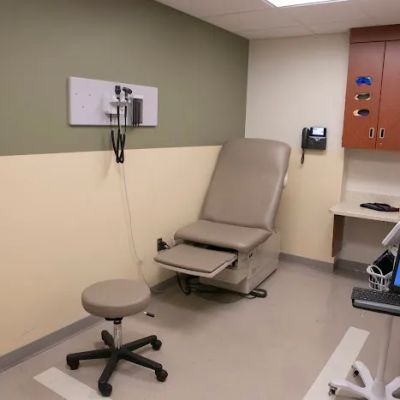


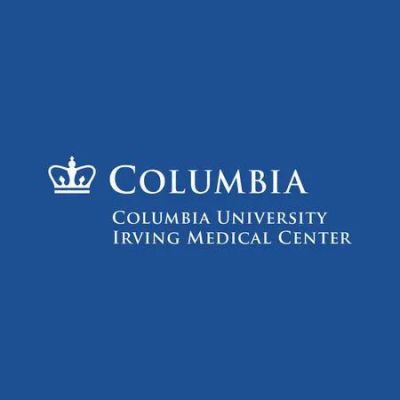
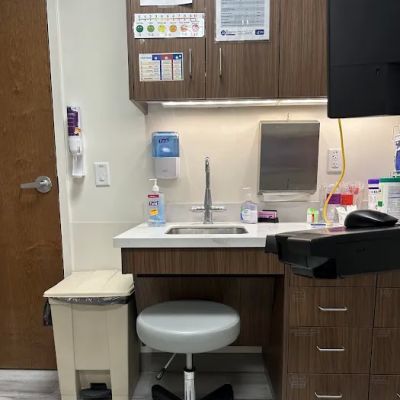
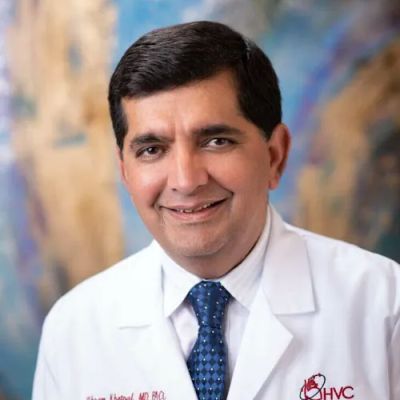


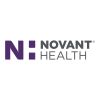











Deborah Heart and Lung Center
deborah heart and lung center
200 Trenton Rd, Browns Mills, NJ 08015, USA